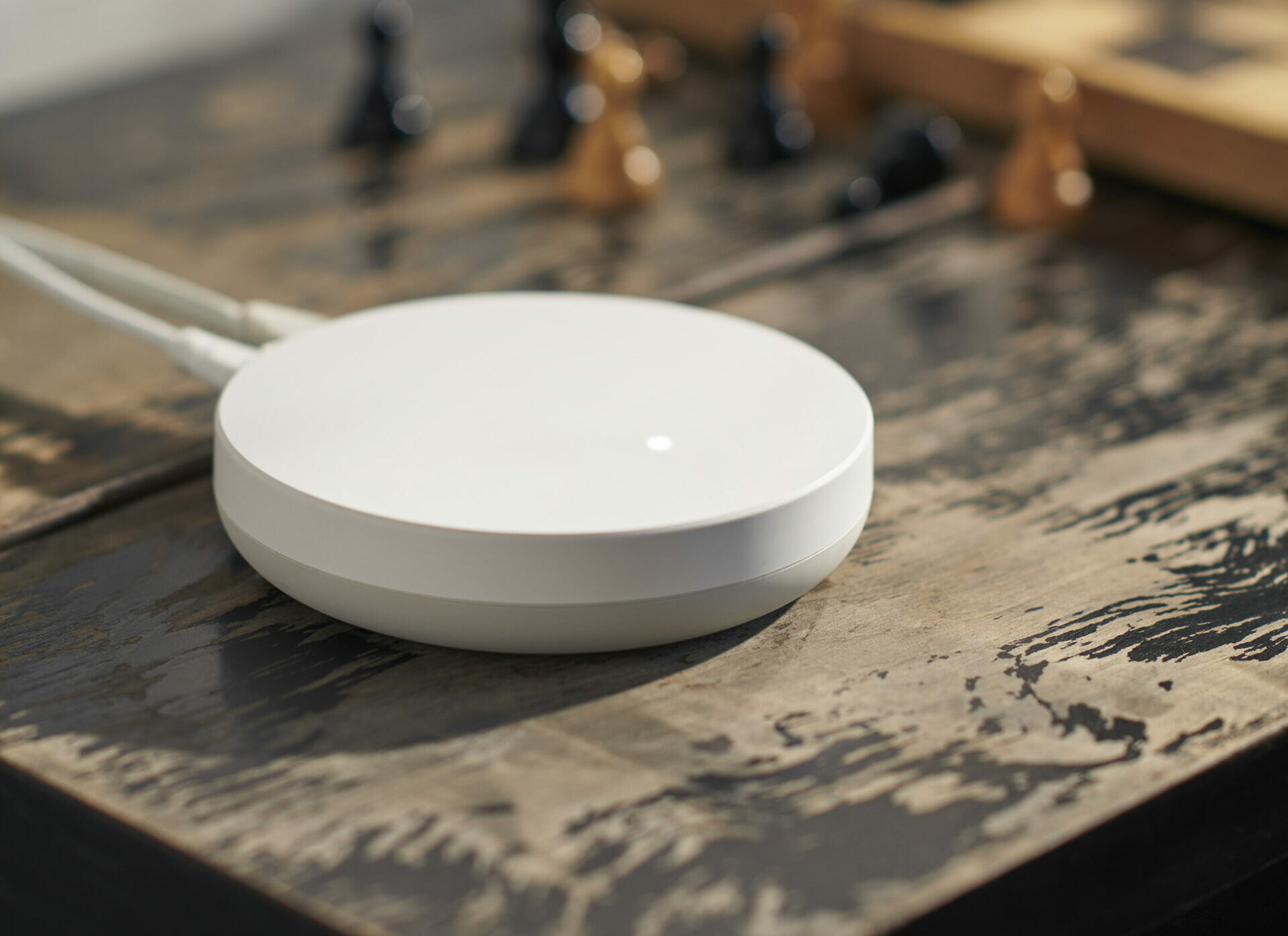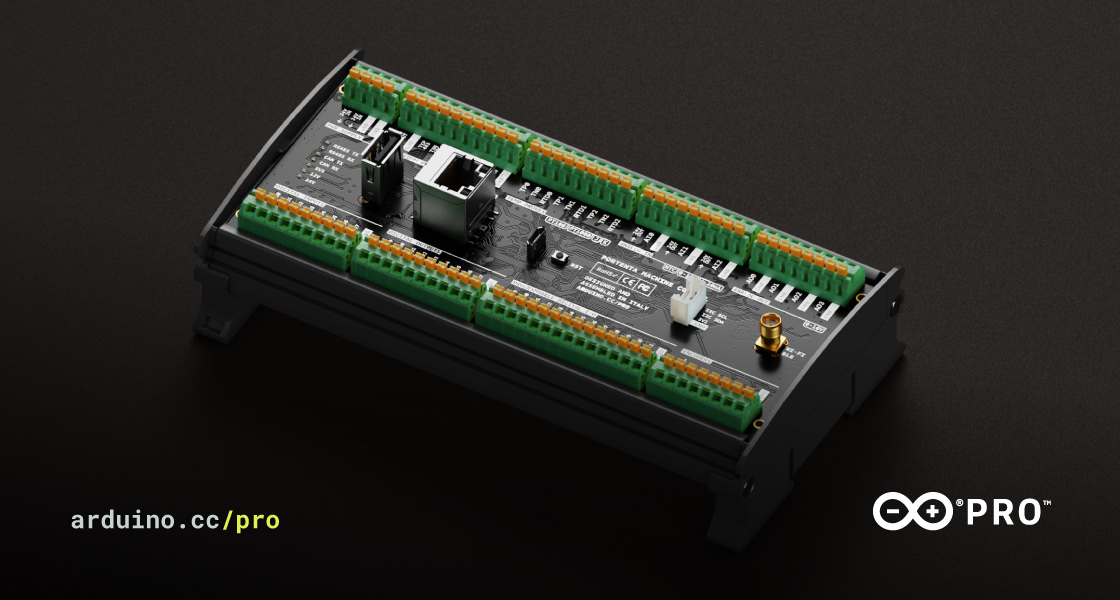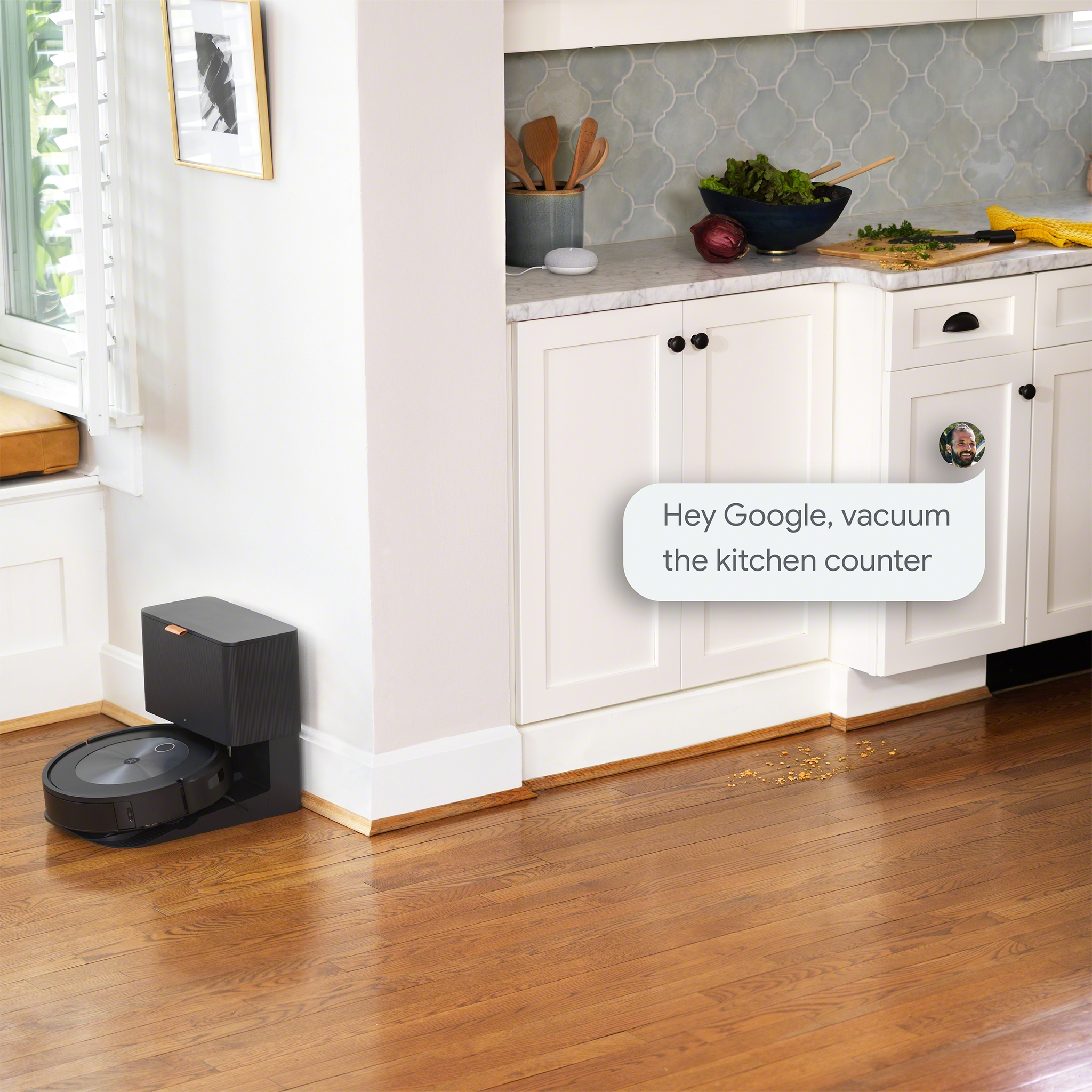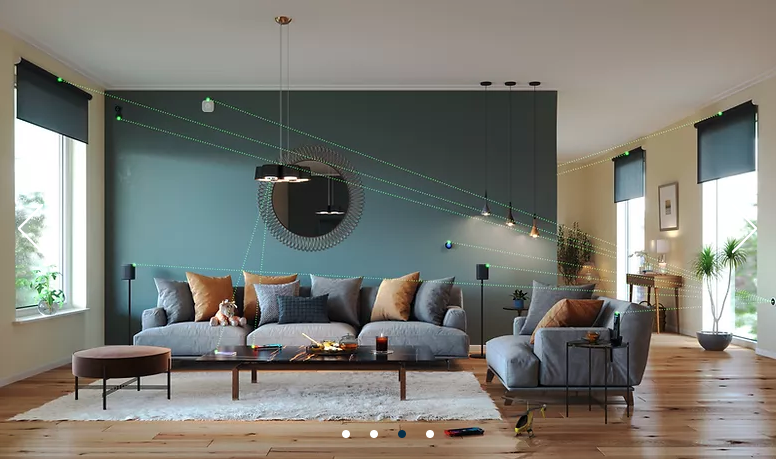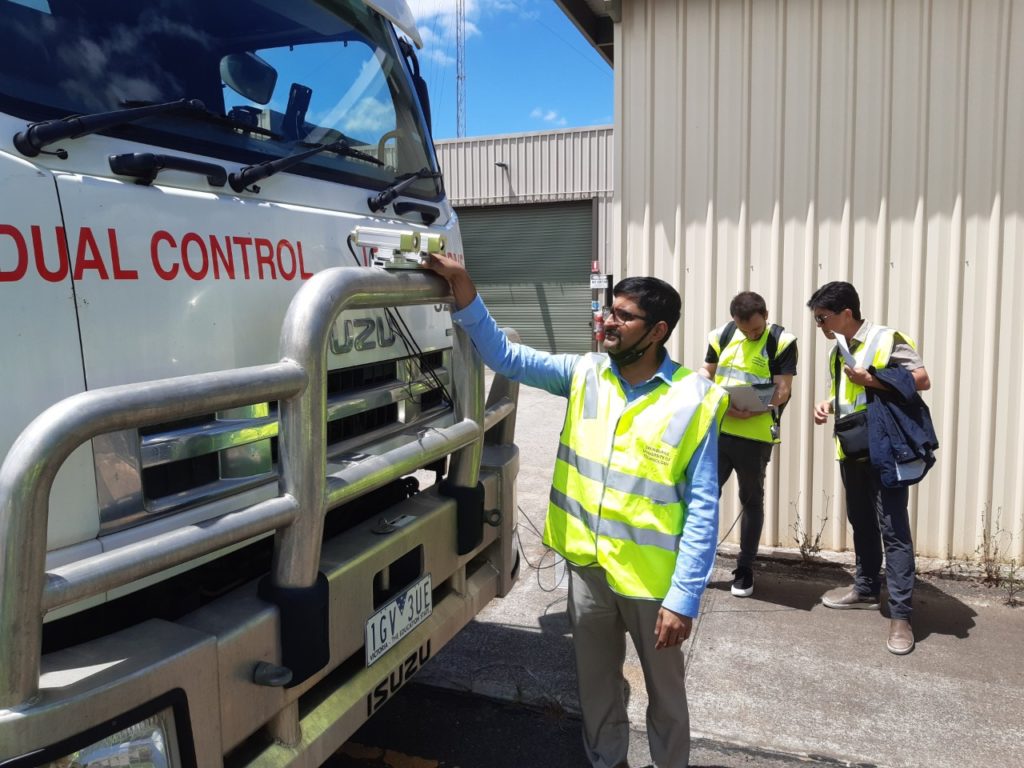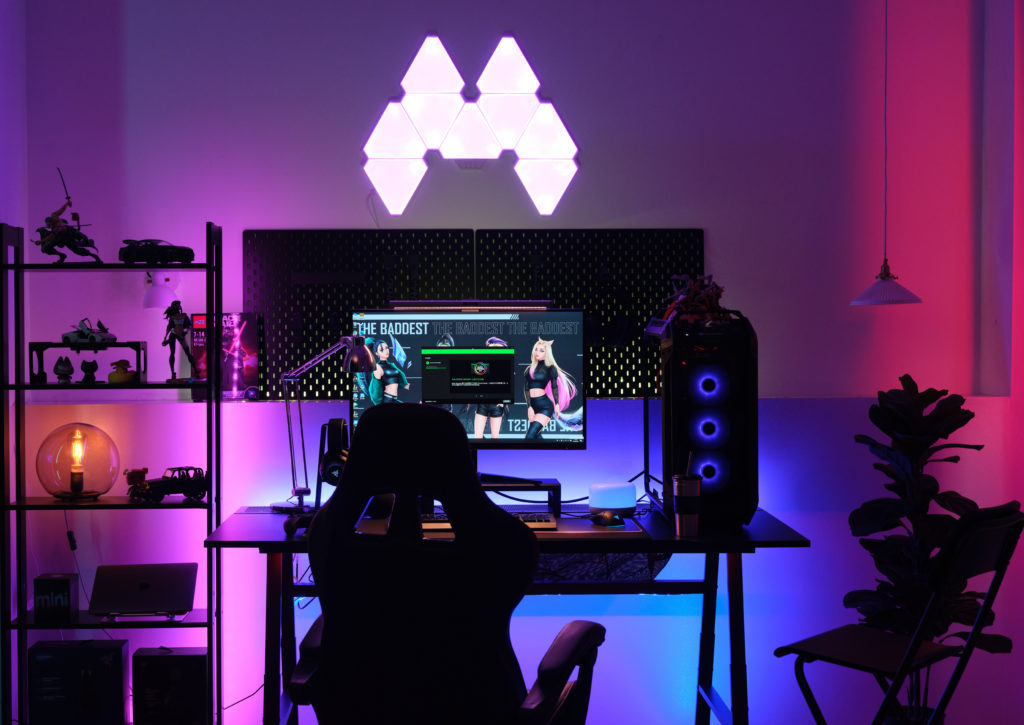This week’s episode kicks off what I hope is a flurry of news from vendors about their Matter plans. We hear when and how vendors such as Amazon, Eve, Nanoleaf, and Schneider Electric plan to roll out Matter to new and old devices. We also call out companies that haven’t yet shared information and what you’re likely to see get support first. Then we go to other news such as leaked photos of Amazon’s Ring Car Alarm, a privacy lawsuit against Amazon going forward and new security and camera devices from Arlo. In less exciting news, we talk about a lock-picking lawyer’s discovery that the HomeKey version of the Level Home lock (the Level Lock+) can be easily picked with a simple lock pick or a bump key. Also in the bad news department, Orro Systems, the makers of a smart lighting switch and system, is looking for more investment and will stop distributing its gear so as to support existing customers. This looks like the beginning of the end. Kevin got his hands on Google’s Nest Wifi Pro, and decides that people on existing Wi-Fi 6 mesh systems probably won’t benefit much from this update, but those coming from older Wi-Fi 5 systems (like Google’s prior mesh Wi-Fi kit) will. Finally, we answer a listener question about Matter on smoke alarms.
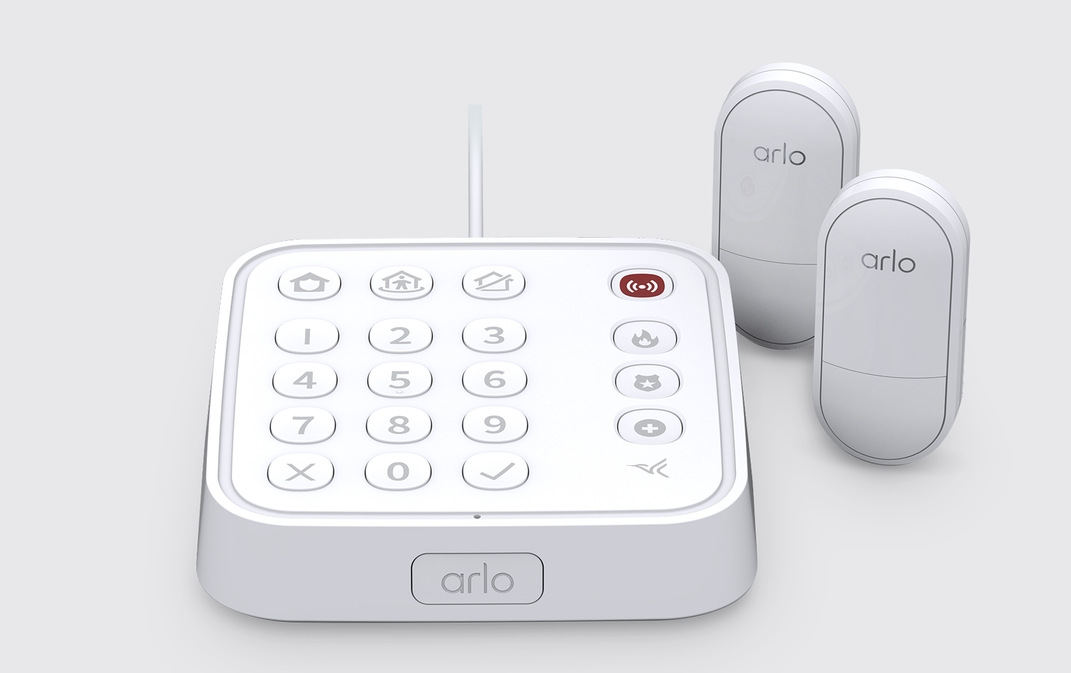
Our guest this week is Peggy Carrieres, VP of Sales Enablement at Avnet, who is coming on the show to discuss what the changes in the chip sector mean for hardware designers. Carrieres spoke with me a year and half ago to talk about the chip shortage, and now has new data thanks to a survey of Avnet customers. The survey shows that 29% of respondents believe chip prices will continue to rise and that 26% expect to see more supply shortfalls. We talk about what’s driving challenges in sourcing chips and components for hardware as well as how engineers are starting to change how they design products amidst the shortage. We also point to some software developments that may help. It’s a nerdy interview, but worth the time if you’re building hardware.
Hosts: Stacey Higginbotham and Kevin Tofel
Guest: Peggy Carrieres, VP of Sales Enablement at Avnet
Sponsors: Arm and Silicon Labs
- Matter is coming to Amazon, Nanoleaf, Eve and more
- Amazon’s next device may have a cellular data plan
- I’m worried about Orro Systems and its future
- Why chip shortages continue to cause problems for designers
- Steps to help make hardware design easier in times of shortages
Podcast: Play in new window | Download | Embed
Subscribe: RSS

